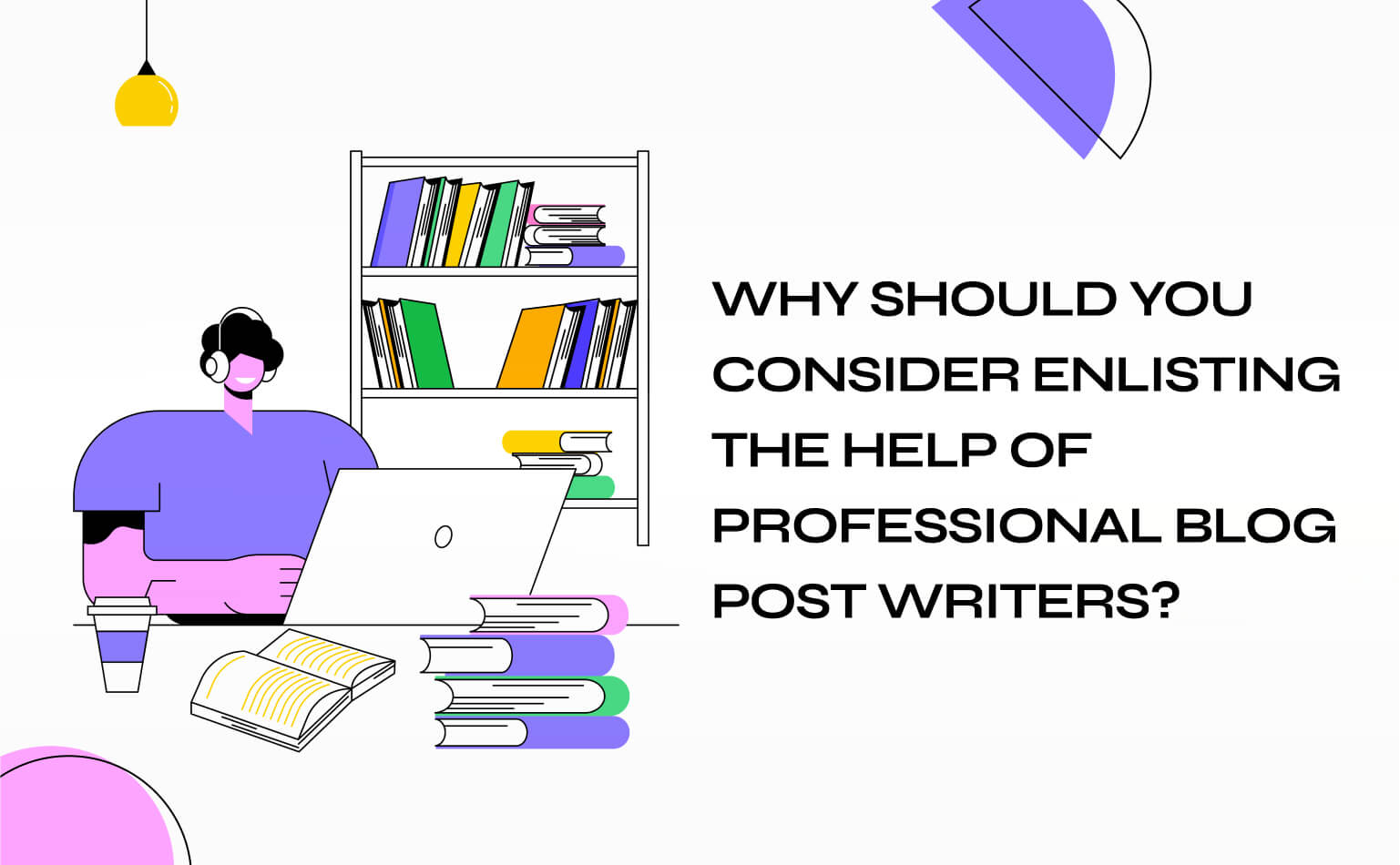Are you seeking to understand the differences between business writing and everyday communication? Do you wish to be able to evaluate how each style of writing can be adapted for a variety of tasks? If so, then this comparative analysis could provide the insights you need. Discussing each style’s distinct features and considerations will equip you with the knowledge to confidently differentiate between the two.
Let’s dive right into the comparison of business writing and everyday writing!
Level of Formality
Business writing: Professionalism is vital in business writing, meaning the tone must be more formal than in everyday writing. It should sound consistent, clear, and concise throughout. Business writers must use language specific to the context of their subject matter to avoid any potential misunderstandings.
Everyday Writing: Everyday writing can be much less formal than business writing and often has a more relaxed tone. Everyday writing can differ greatly depending on the audience; however, usually, it is meant to be conversational in nature.
Let’s take an example to understand this concept further. For example, if you need a blog for your website, business writing may be more appropriate as it would give a professional impression to your readers. On the other hand, if you are sending an email to your friend, everyday writing would be more suitable as the tone can be less formal and more conversational. Furthermore, if you are looking to create a professional piece of writing, it is best to enlist the help of an experienced writer.
Stylistic Choice
Business Writing: Business writers need to be aware of the formality of language when writing. As such, it is important to use precise technical terms and avoid humor or slang in business essays, reports, emails, etc.
Everyday Writing: Everyday writing is much more lenient regarding stylistic choices. Slang, colloquialisms, and informal language are all acceptable in everyday writing and can even help to create an inviting atmosphere for the reader. In addition, everyday writing can be more descriptive and creative and is free to use metaphors and other literary devices.
For instance, if you’re trying to sell a product, you should use formal language in your advertising materials. However, if you’re sending a message to a friend, you can be more casual and use slang or colloquialisms.
Audience
Business Writing: Business writing is typically directed towards professional colleagues or clients. As such, the audience should be taken into account when creating a business document. The use of technical language and jargon is important, as it conveys an air of expertise.
Everyday Writing: Everyday writing, on the other hand, does not need to be as tailored. In everyday writing, the audience can range from close friends to complete strangers. As such, the choice of language and style should be adjusted accordingly.
For example, if you’re creating a business product description, your audience will likely be more professional, so it is important to use technical language and jargon. However, if you’re just sending a message to your friends, you can be more informal and use slang.
Grammatical pose
Business Writing: Grammatical correctness is essential in business writing and should be given special attention. Business documents should also be written in a passive tone as much as possible to avoid any potential misunderstandings.
Everyday Writing: Everyday writing does not need to adhere to the same strict standards of grammar that business writing does. However, it is still important to use proper punctuation and have a basic understanding of grammar rules.
For instance, if you’re writing an email to a potential client, grammar should be taken into account as they may take it as an indication of professionalism. On the other part, if you’re sending a message to your friends or family, you can be more lenient with grammar.
Plagiarism
Business Writing: It is essential to always give credit where it’s due in business writing. It is not only unethical, but also it is illegal as well to use someone else’s words without proper attribution and citation.
Everyday Writing: Plagiarism is still unacceptable in everyday writing. However, the standard of plagiarism is not as strict, and it is not necessary to cite every source used. It is essential to ensure that you are accurately representing the original author’s ideas in your own words.
For example, if you’re writing a blog post for an online magazine, it is essential to properly attribute sources and avoid plagiarism. Whereas, if you’re just sending a message to your friends or family, it is not as important to cite sources.
Vocabulary
Business Writing: Business writing should focus on specific, technical terms and language. It is essential to avoid ambiguous words or phrases and ensure that all of your messages are clear and concise. Additionally, it is essential to avoid using any hyperbolic language or exaggeration.
Everyday Writing: Everyday writing is much more lenient regarding word choice and vocabulary. You can use informal words, slang, colorful adjectives, and metaphors to make your message more interesting. As long as you don’t go overboard with exaggeration, colorful language can be a great way to make your writing more engaging.
For example, if you’re creating an advertisement for a product or service, it is essential to use precise and accurate language. Whereas, if you’re just writing a message to your friends or family, you can spice it up with slang and unique words.
The Final Note
In conclusion, business writing and everyday writing have some essential differences that should be taken into account. Understanding the different audience needs, grammatical pose requirements, plagiarism standards, and vocabulary usage is essential for producing effective content in either context. With a little bit of practice, you can learn to adjust accordingly and create professional yet engaging content that speaks to your audiences.
Furthermore, the expertise of skilled writers is valuable in crafting compelling and persuasive content. With their assistance, you can ensure that your writing packs a punch every time.




